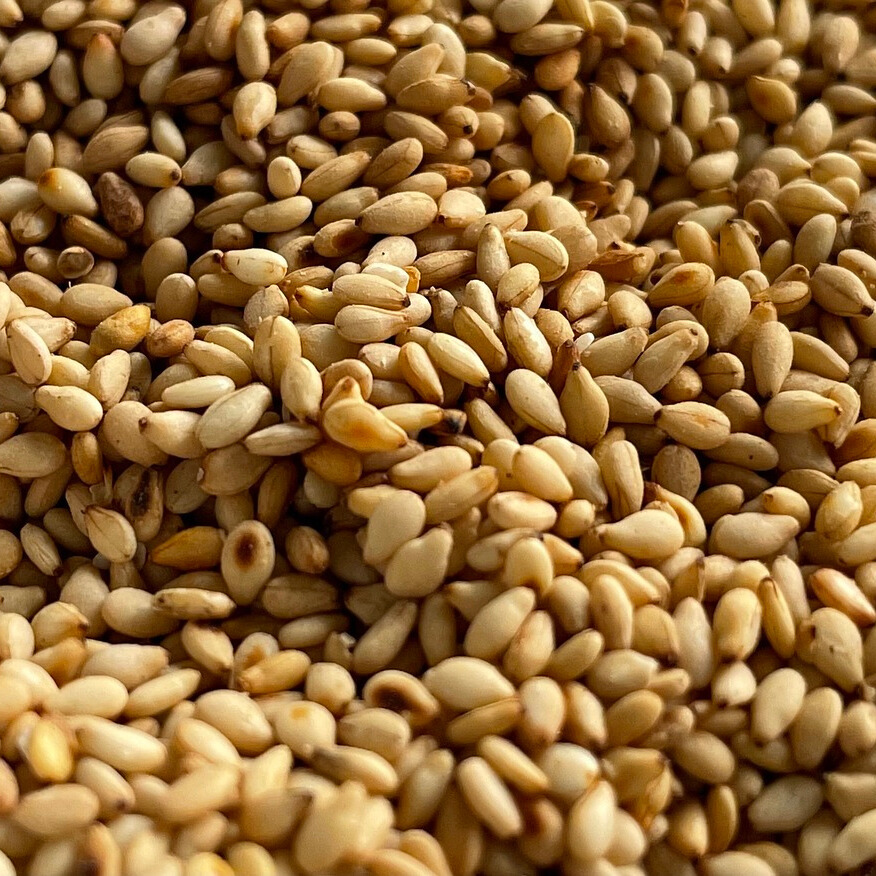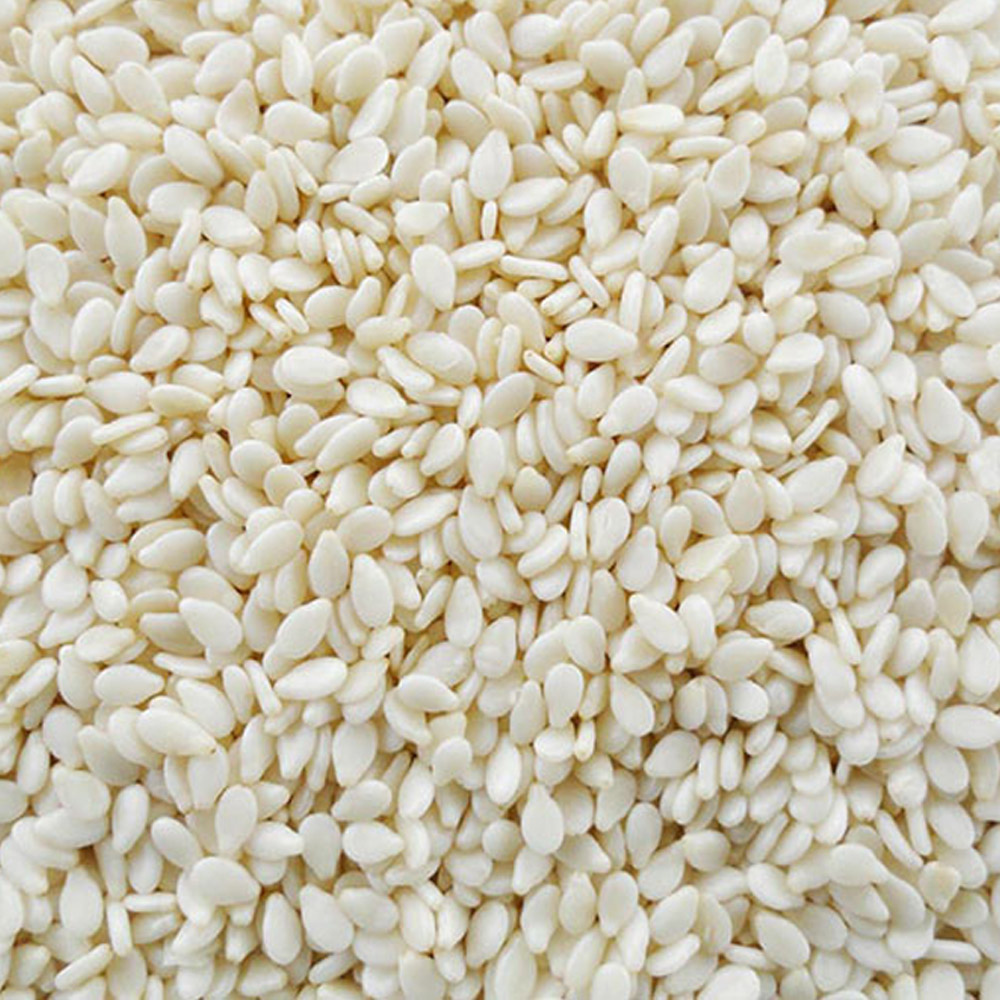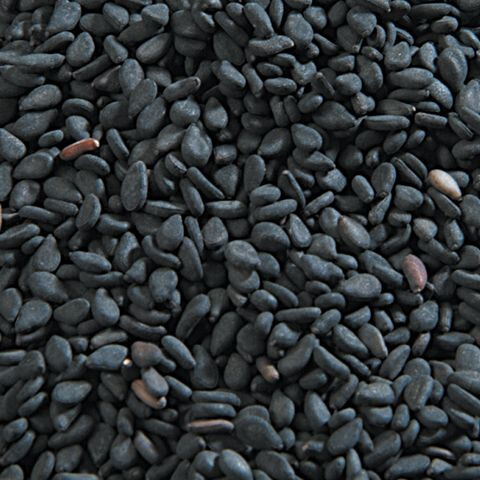- You have no items in your shopping cart
- Subtotal: $0.00
Sesame seeds, derived from the flowering plant Sesamum indicum, have been an integral part of culinary traditions across the globe for centuries. These tiny, flat seeds come in various colors, including white, black, and brown, each offering a distinct flavor profile. Praised not only for their rich nutty taste but also for their nutritional value, sesame seeds are a powerhouse of essential nutrients such as protein, fiber, and healthy fats. Additionally, they are a notable source of minerals like calcium, iron, and magnesium, contributing to overall well-being. Sesame seeds are commonly used in both sweet and savory dishes, enhancing the taste and texture of a wide array of recipes. Whether sprinkled on salads, incorporated into baked goods, or used to make tahini—a popular Middle Eastern paste—the versatility of sesame seeds makes them a cherished ingredient in global cuisine.
Beyond their culinary significance, sesame seeds have also played a role in traditional medicine and cultural rituals. In various cultures, these seeds symbolize fertility, prosperity, and good luck. In addition to their cultural importance, sesame seeds have garnered attention for their potential health benefits, including antioxidant properties and potential heart health advantages. With a rich history and a multitude of culinary applications, sesame seeds continue to be an essential and celebrated component of diverse cuisines worldwide.

Brown sesame seeds
Brown sesame seeds, prized for their robust nutty flavor, are tiny nutritional powerhouses rich in protein, fiber, and essential minerals.

White sesame seeds
White sesame seeds, tiny and versatile, add a delicate nutty flavor and crunchy texture to dishes, while boasting nutritional benefits and culinary adaptability.

Black sesame seeds
Black sesame seeds, distinguished by their deep hue, impart a robust nutty flavor and are prized for both culinary delights and nutritional richness.
